That gruesome little gift on the doorstep actually means something very specific.

Cats aren’t just randomly hunting and dropping bodies like tiny mob bosses. They have reasons, and they’re usually more social than sinister. If you’ve ever stepped out to find a headless bird or half-eaten mouse on your welcome mat, don’t panic and don’t yell. What your cat is doing is weirdly thoughtful. Once you understand the instinct behind it, your reaction will change completely—and so will what you do next.
1. Your cat might think you’re too incompetent to hunt for yourself.
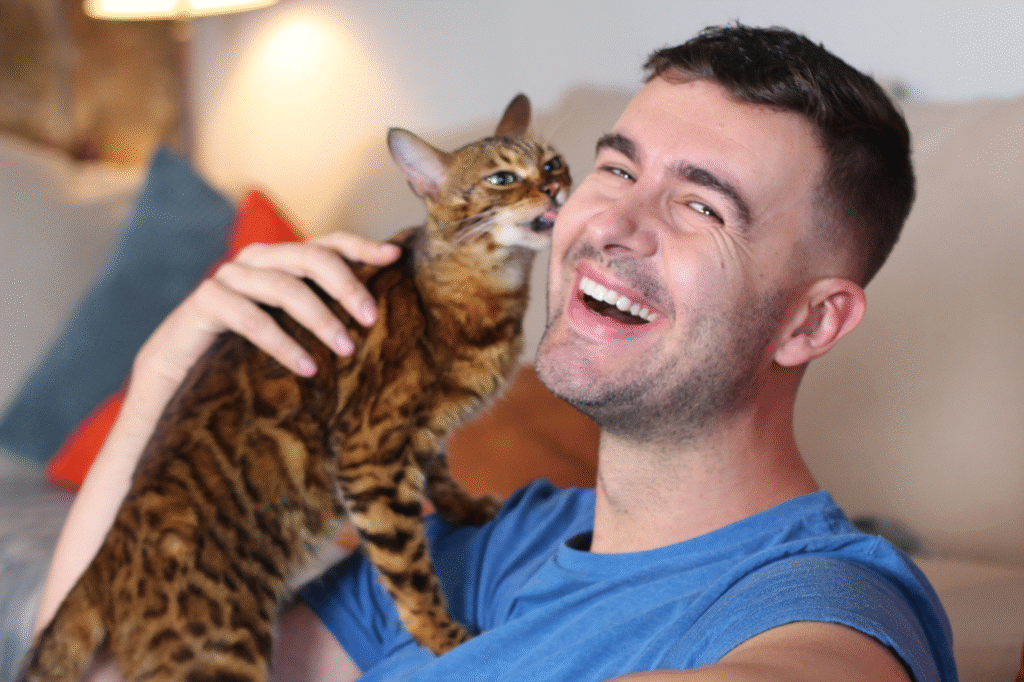
This behavior goes way back to feline survival code. According to a report by National Geographic, mother cats in the wild teach their kittens to hunt by bringing home dead or injured prey, and domestic cats often direct this same instinct at their humans. If your cat sees you sitting at a glowing screen all day and never catching anything with your teeth, they might be convinced you’re doomed. Dead gifts are a weird form of mentorship.
2. They could be trying to stash it for later but keep getting interrupted.

Sometimes the gift isn’t meant for you at all, and you’re just the unfortunate middle step in their storage plan. Cats will often carry prey to a safe zone where they think no one will steal it—your bed, the front mat, a shoe—and only come back when the coast is clear. As discovered by the ASPCA, cats don’t have a strong sense of delayed gratification, so if they get distracted, you’re left with the half-eaten surprise. That study notes it’s not always about generosity. Sometimes, it’s about forgetting where they stashed their leftovers.
3. It may be a social gesture, like bringing food to the pride.

As stated by the University of Edinburgh’s Royal School of Veterinary Studies, cats use food as social currency, even in feral colonies. Offering prey can be a way to strengthen bonds, show affection, or demonstrate rank. So if your cat drops a dead vole on your yoga mat, there’s a decent chance they’re just welcoming you into their crew. It’s like cat mafia etiquette, but without the loyalty oath.
4. They might be over-hunting due to lack of stimulation indoors.

Cats are bored more often than people realize. If your indoor-outdoor cat has minimal interaction, no puzzles, and no toys, they’ll turn to the environment to stay sharp. Hunting becomes their default enrichment. You’ll start seeing more “presents” during times when they’re getting the least stimulation from you. In their minds, they’re not being bad. They’re just clocking in and doing the one thing they’re biologically programmed to master. They’d rather chase something than nap for the tenth time.
5. Spayed and neutered cats do this too, so it’s not hormonal.
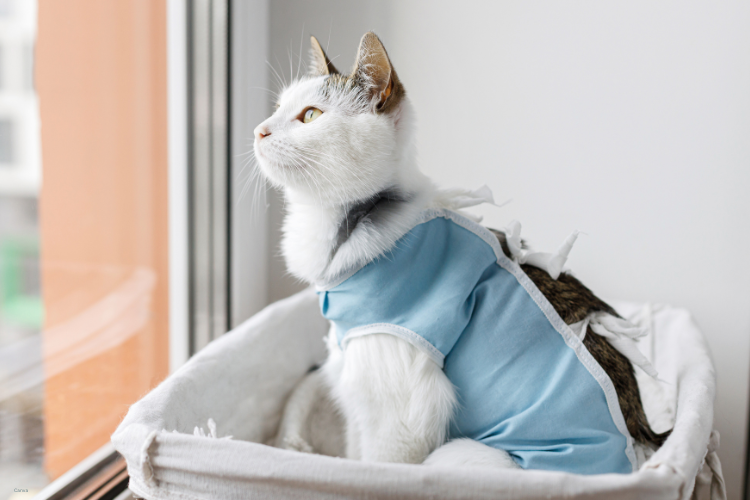
People assume this behavior is linked to mating instincts, but that theory doesn’t hold. Fixed cats hunt just as much, sometimes even more, because they’re not sidetracked by breeding behaviors. It’s instinctual, and it sticks. Bringing back prey can’t be chalked up to hormones—it’s a default survival script that kicks in regardless of reproductive status. So even your sweet, elderly, neutered tabby still has that killer code running quietly in the background.
6. Indoor-only cats still exhibit this behavior with toys.

If you’ve never let your cat outside but you wake up to a pile of shredded plush mice at your feet, congratulations, you’re getting the same treatment. Indoor cats adapt the hunting ritual to what they have available. Toys, socks, even bottle caps—they’ll all get dragged around and “offered” to their person. It’s not quite the same as a mangled bird, but the meaning is identical. You’re being brought into the circle.
7. Some cats only start doing this when you ignore them.
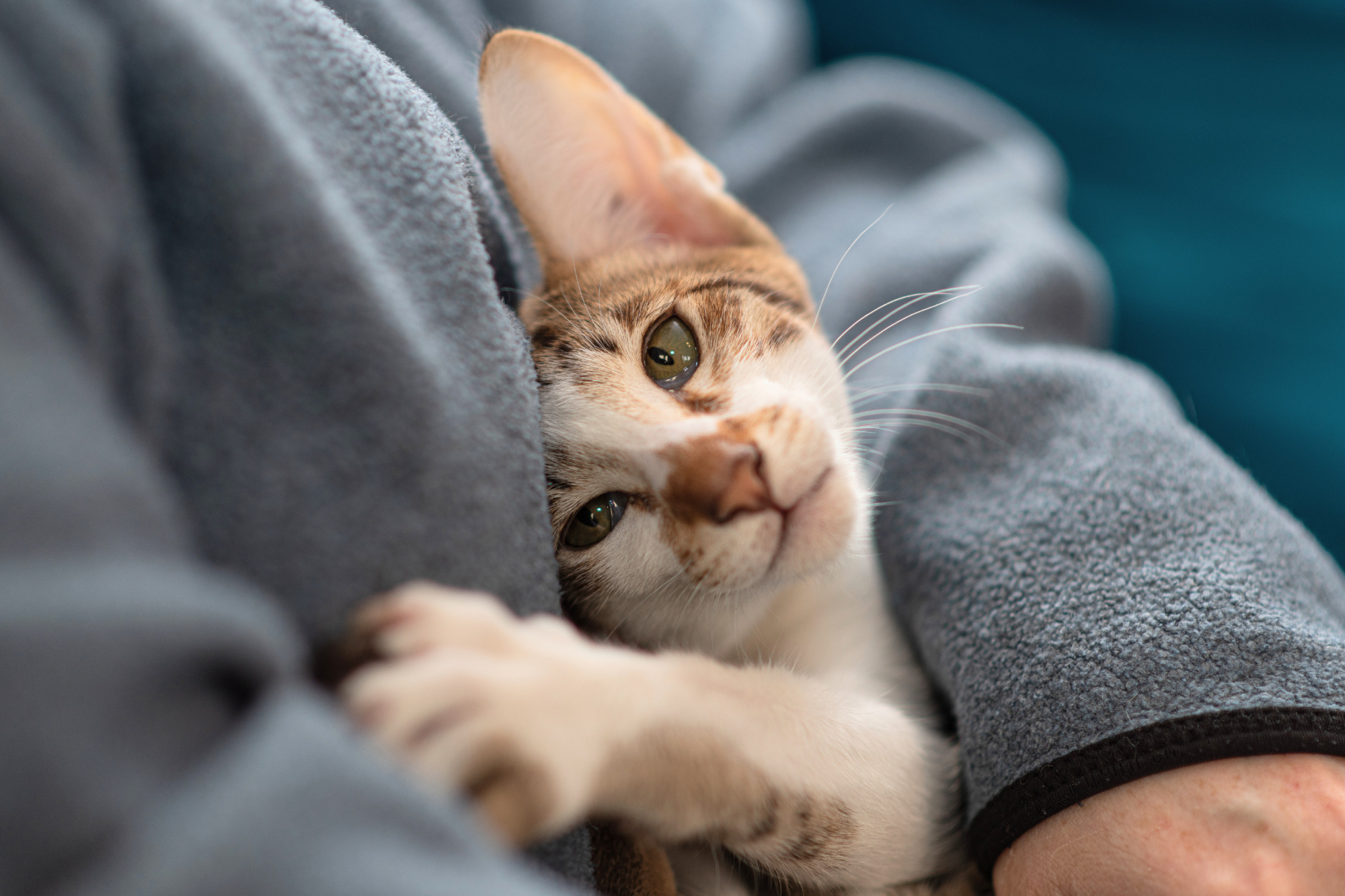
There’s nothing like a dead lizard to get someone’s attention. Cats can escalate behaviors when they feel overlooked, and dropping prey might be their version of raising the volume. If you haven’t been giving them much interaction, they’ll switch gears and do something that guarantees a reaction—even if it’s disgust. To them, you’re finally looking their way, and that’s a win.
8. You might be accidentally rewarding the behavior.
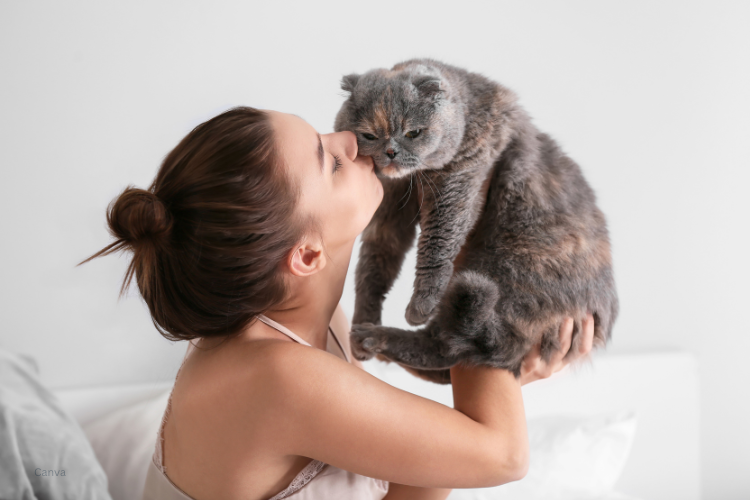
Scream, clean, and run around in chaos? That’s basically applause in cat language. Some cats love triggering a big reaction. It confirms that what they brought is powerful enough to affect the pack. So the more dramatic you get, the more likely they are to do it again. If you want to reduce it, stay neutral. Remove the prey silently and distract them with play or treats to redirect the pattern.
9. It’s way harder to stop than to manage.
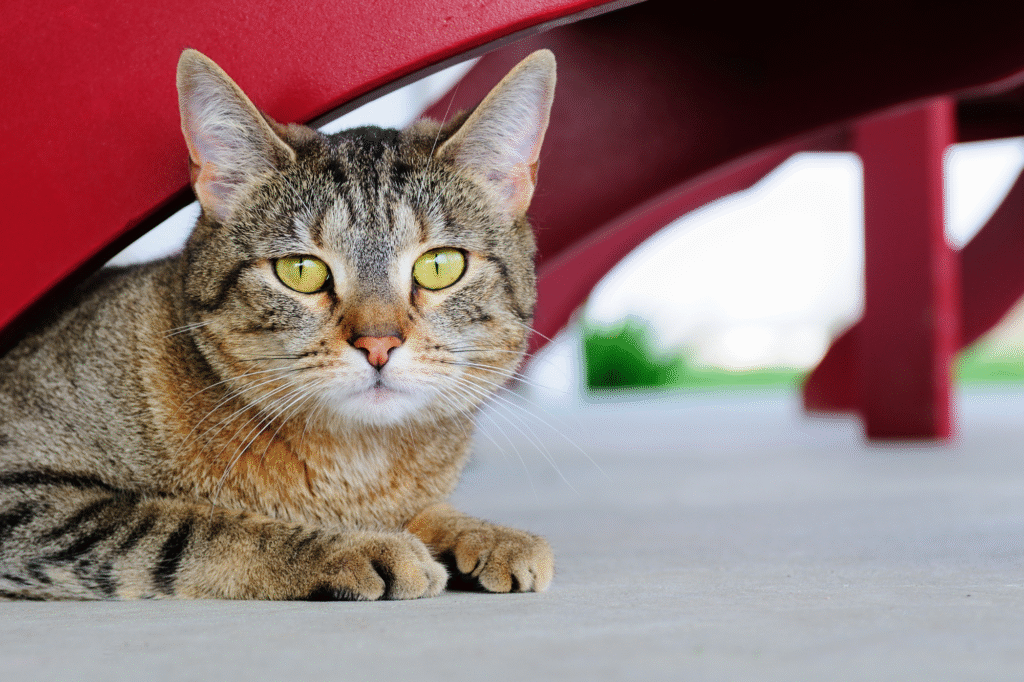
This isn’t a habit you can just punish away. If you scold them, they’ll just think they brought the wrong thing or picked the wrong moment. The drive to hunt and share is hardwired. What works better is controlling when and how they access prey. Keep them inside during dawn and dusk, when birds and rodents are most active. Add more stimulation indoors so they’re mentally tired before they go out. It takes consistency, not commands.
10. They’re not trying to traumatize you—they’re trying to include you.

This whole routine comes from a place of connection. As gross as it feels, you’re being looped into a ritual that, in their world, means something affectionate. To them, you’re family, and food is the highest form of bonding. So if you’re cleaning up yet another sparrow at 6 a.m., know that this isn’t cruelty. It’s just the world’s weirdest love language.
